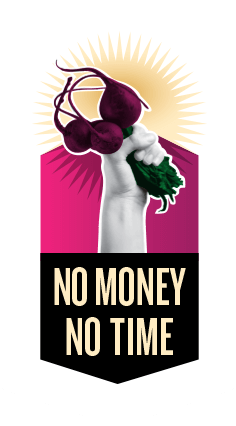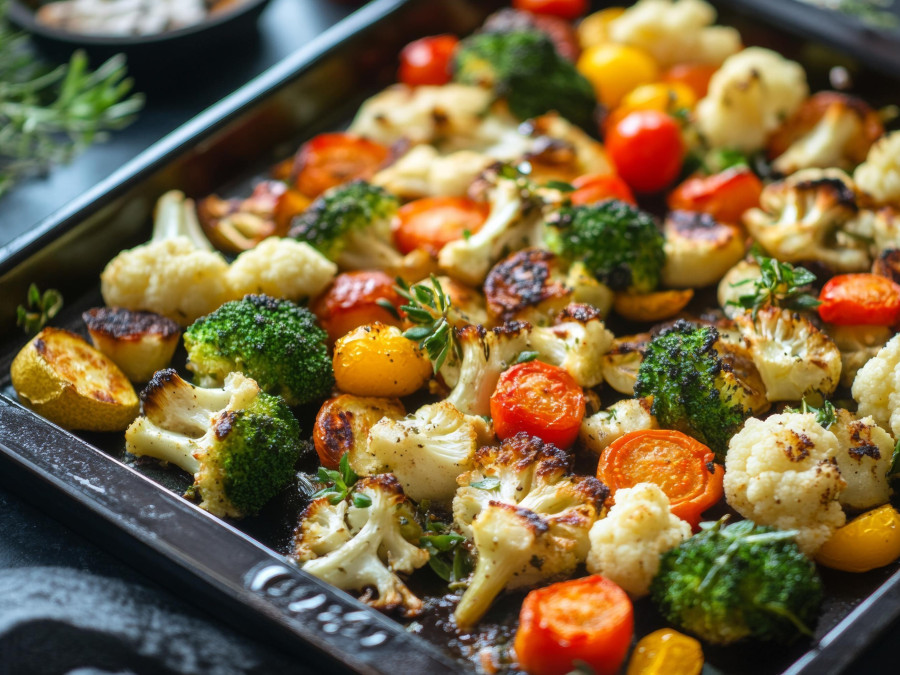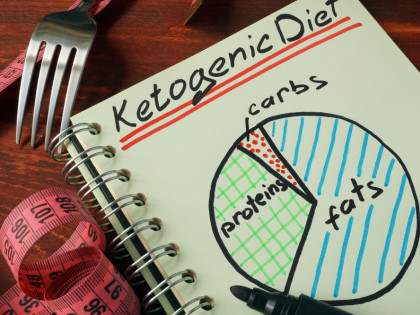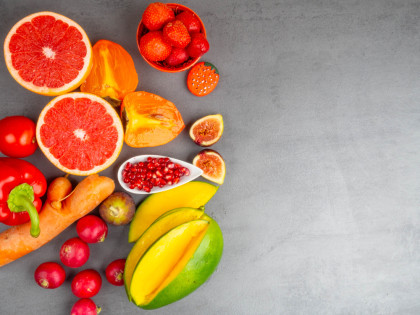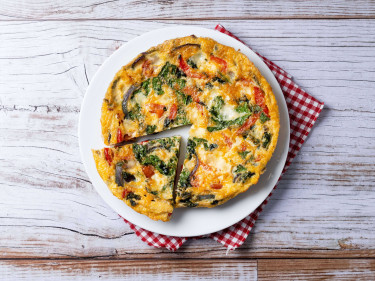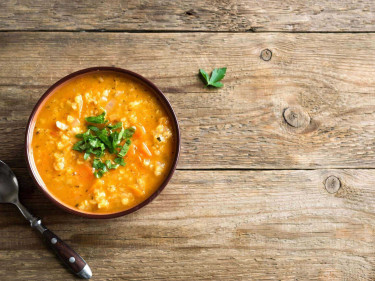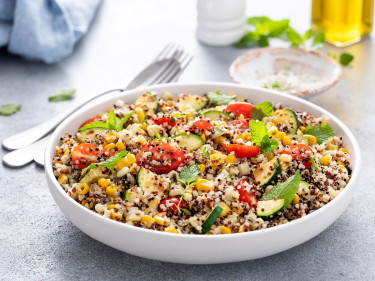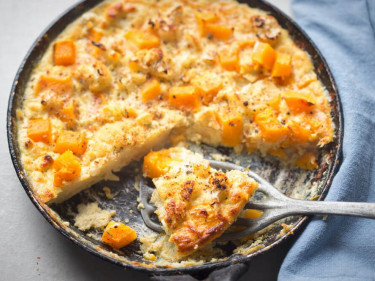Serves = 4
1 large onion, diced
2 cloves garlic, diced
1 small broccoli, chopped
1 small cauliflower, chopped
1 small leek, chopped
1 large tomato, diced
1 large carrot, chopped
2 tablespoons extra virgin olive oil
1 teaspoon mixed herbs
1 teaspoon paprika
1 teaspoon black pepper
400g can butter beans (no added salt), rinsed and drained
210g can tinned salmon in olive oil, drained

